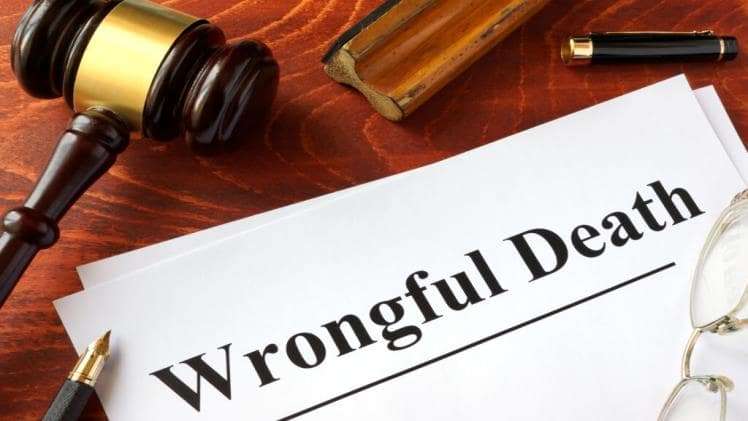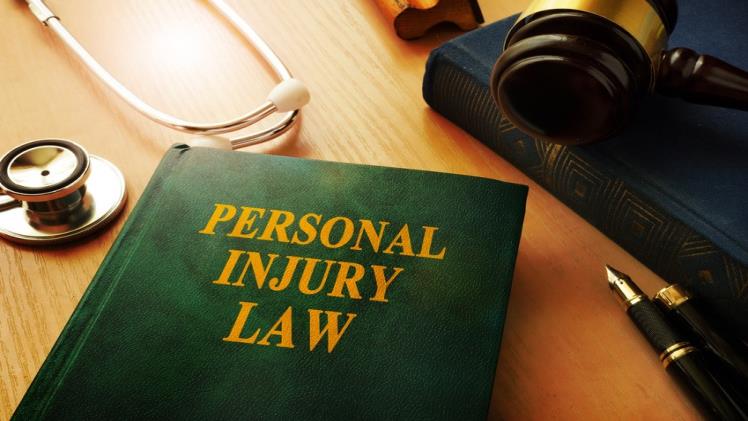Examples of negligence in wrongful death cases

It is difficult to lose a loved one. However, it can be worse if another person’s negligence caused the death. The person who died in the accident cannot represent themselves and it is up to the survivors to hold those responsible accountable.
An attorney can help you file a wrongful-death lawsuit against the person whose negligence lead to death
WRONGFUL DEATH CAUSED due to NEGLIGENCE
A lot of times, a person’s death is caused by another person’s negligence. Negligence refers to failing to act with the same level of care as a reasonable person in similar circumstances. Negligence can be simply defined as a mistake made in the course of doing something. Even though an individual may not have intended to cause the death of your loved one, it does not exempt them from liability.
To be successful in a wrongful death claim stemming out of negligent actions by an individual, each one of the four elements – duty, breach, causation, and damages -must be satisfied.
A variety of damages can be claimed in a wrongful-death suit to recover the costs of the decedent’s medical bills, lost earnings, and pain and suffering prior to death. Here are some examples of wrongful-death claims:
- Vehicle accidents
- Slip-and-fall mishaps
- Medical malpractice
- Products liability
- Assault/battery
In law, the term “damages” is used to describe the recovery process. Personal injury cases are the most common type of wrongful death case. Damages are the plaintiffs’ claimed losses. There are two types of damages: punitive and compensatory. To compensate for their losses due to the death of the decedent, most states will award compensatory damages.
The decedent’s family can also be awarded punitive damages. However, punitive damage acts to punish the defendant as well as deter others from engaging in similar conduct. Some states are more concerned with compensating the family of the deceased than others, while others target the punishment of the defendant.
What is wrongful death?
Each state may have its own “wrongful-death statute,” which defines the criteria for wrongful death. A person may be found financially responsible for the death, but they could also be convicted of a crime related to that death.
Example 1: Vehicle accident
If the wrongful-death attorney for the victim’s surviving family members establishes negligence by the defendant for texting/driving, then there could be grounds to file a wrongful death claim.
In a case involving wrongful death in a vehicle accident, the plaintiff may recover customary damages, such as lost earnings, medical bills, and pain and suffering. In a wrongful-death lawsuit, the driver at fault may be held responsible.
Example 2: Slip-and-fall Mishap
If the victim’s family attorney establishes negligence on the part of the grocery store in failing to place a “wet-surface” sign, the grocery store could be held liable for a claim for wrongful deaths.
In a slip-and-fall wrongful death case, the plaintiff may be entitled to recover the usual damages, such as lost earnings, medical bills, and pain and suffering. In a wrongful-death lawsuit, both the owners and employees may be held responsible.
Example 3: Medical Malpractice
If the wrongful-death attorney proves that the doctor caused the death of his client’s loved one by negligence, the doctor could be held liable for a wrongful death claim.
A medical malpractice wrongful-death case may allow the plaintiff to recover the usual damages, such as lost earnings, lost benefits and medical bills. In a wrongful-death lawsuit, both doctors and hospitals could be held responsible.
Example 4: Products Liability
A product liability wrongful death case may allow the plaintiff to recover customary damages, such as lost earnings, medical bills, and pain and suffering. In a wrongful-death lawsuit, the producer of the product could be held responsible.
Example 5: Assault/battery
If the wrongful-death attorney for the victim’s family members establishes the defendant intended the victim’s death, the defendant could be held liable in a claim for wrongful death.
Assault is an intentional threat or attempt to inflict bodily injury on another person. Battery, however, is the intentional touching of another person in an offensive or harmful way without their consent. Although people often say “assault” and “battery”, those are two separate torts and you can have both.
A victim may be entitled to recover lost earnings, medical bills, pain and suffering, as well as losing employment benefits in an assault/battery case. In a wrongful-death lawsuit, the person responsible for causing harm could be held responsible.
STRUGGLING AFTER THE WRONGFUL DEATH OF A LOVED ONE?
A personal injury lawyer can help you if you are experiencing financial and emotional difficulties following the death of a close relative. A wrongful death lawyer who specializes in such cases is often the best option if your loved one was killed by negligence.
Your loved one would have wanted her surviving family to be cared for as much as possible. A qualified attorney offers the best potential to make that happen.





